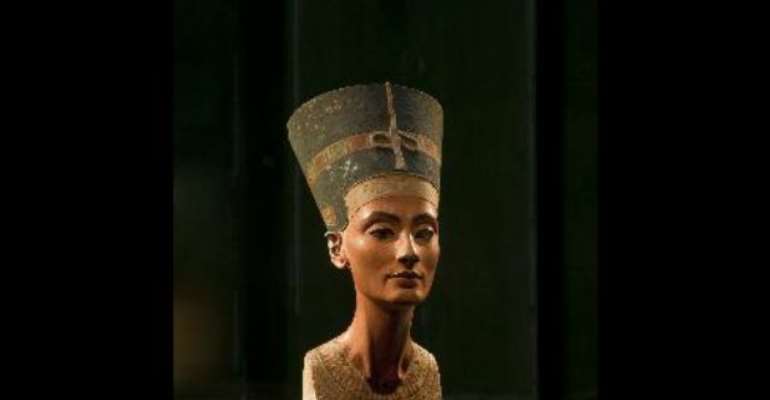Egypt’s Hawass Sees ‘Miserable Life’ for Museums With Relics

By Daniel Williams
April 8 (Bloomberg) -- Egypt's chief antiquities administrator wrapped up a two-day conference among countries that want valuable relics held abroad returned by threatening to make “life miserable” for museums that keep them.
“We will decide together what to do,” said Zahi Hawass, who heads the Supreme Council of Antiquities, at the end of the Cairo conference that attracted 16 delegates and nine observers from abroad. “We will make life miserable for museums that refuse to repatriate.”
Hawass, 62, known for his television documentary appearances in which he unveils new Egyptian archaeological discoveries, later told reporters, “We're not after anyone. The subject can be discussed, meaning we can negotiate.”
He has been lobbying to get the 3,300-year-old bust of Queen Nefertiti from Berlin's Neues Museum and the Rosetta Stone from London's British Museum. Today he added a statue of Ramses II at Turin's Museo Egizio.
Five other countries presented their own wish lists: Peru for items from Machu Picchu housed at Yale University and textiles at the Museum of World Cultures in Gothenburg, Sweden; Greece, for the Elgin Marbles at the British Museum; Nigeria, for bronzes spread out in several collections; Syria, items from the Louvre and Hermitage museums; and Libya, for a statue of Apollo in the Louvre.
Conflict History
International rules and treaties are of little use in getting key relics back because laws regarding their transfer don't apply before the mid-20th century. Countries that hold them are reluctant to undo the history of conflicts and possession and to break up collections. For instance, Rome has many Egyptian obelisks taken by Roman emperors, scholars said.
Some artifacts were obtained legally, although Hawass referred to his conference as a gathering of “countries that have suffered from theft.” In any case, Hawass bases his demands not on law but on the idea that certain artifacts by right belong to the “motherland” where they were found.
The meeting provided an early glimpse of the difficulties inherent in Hawass's campaign. The Italian government's representative at the meeting, Jeanette Papadopoulos, described her country as a major victim of cultural expropriation.
When asked whether Italy is ready to return Ramses II to Egypt, she said, “it won't be me who will bring it back.”
Last year, the Louvre repatriated frescoes removed from Egypt in the 1980s after Hawass threatened to ban its scholars from exploring in Egypt. The Louvre complied because “serious doubts” emerged about “the legality of their exit from Egyptian territory,” France's Culture Ministry said at the time.
Hawass said he will organize another meeting next year.
To contact the reporter on this story: Daniel Williams in Cairo at [email protected]
